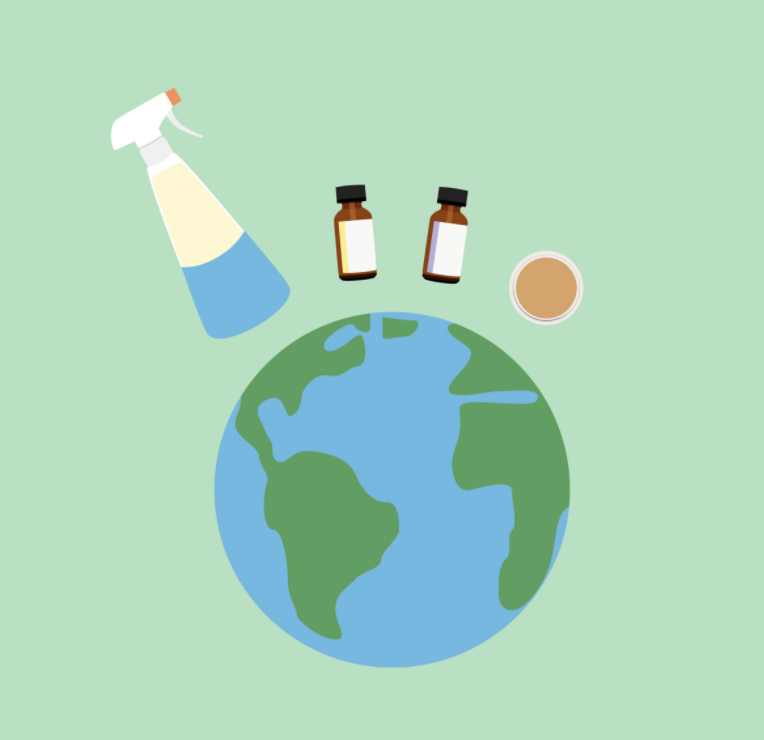How to be Environmentally Friendly This Winter
This winter, many people are spending much more time inside their houses. Students and faculty at WA are fully remote until January, meaning that they are in their homes and using up more energy than before. Now is a good time to take a step back and look at how you can be more energy-efficient and environmentally friendly in your day-to-day life.
Most people turn off heat in their houses during the daytime when nobody is home, but with the cold weather and people working from home, houses are using much more heat than before. Here are some tips for saving heat:
- Close windows and blinds (or open them if they allow extra sunlight to naturally heat the room)
- Heat only the rooms that you use
- Turn heat down and wear more layers
- Turn heat down at night and use more blankets while sleeping
Finding small ways to save electricity is not only good for the environment but can help save money on bills. Here are some things to think about to conserve your electricity usage:
- Natural lighting and sunlight during the day
- Turn off lights in the rooms you don’t use
- Use a laptop rather than a home monitor when possible
- Unplug appliances when they aren’t in use
When it comes to sustainability changes, reducing waste and single-use plastic can be challenging since it is found everywhere. Still, there is lots of things that you can do if you want to help the environment:
Reducing Waste:
- Use rags instead of paper towels
- Use tupperware or other reusable food storage rather than foil or plastic bags
- Donate or recycle old clothes rather than throwing them out
- Recycle and compost when possible
- Bring reusable bags when going to stores
- Cook your own food, and eat your leftovers
- If you can, wear a reusable face mask and wash between wears
Many people are using more soaps, sanitizers, and other self-care supplies to stay healthy. You can do this in a greener way by:
- Using bar soaps packaged in paper (or unpackaged) instead of soap in plastic bottles
- Using cloth towels (frequently cleaned) to dry your hands
- Choosing soaps and sanitizers that are not tested on animals and use minimal added ingredients (other than the essential, isopropyl alcohol)
Finally, if you’re celebrating the holidays, you can consider:
- Making your own wrapping paper instead of buying ribbons and gift wrap
- Making your own ornaments or decorations
- Buying gifts from local stores
- Gifting experiences instead of material objects
We hope that you were able to learn something and that you can make some small switches towards a better planet!

